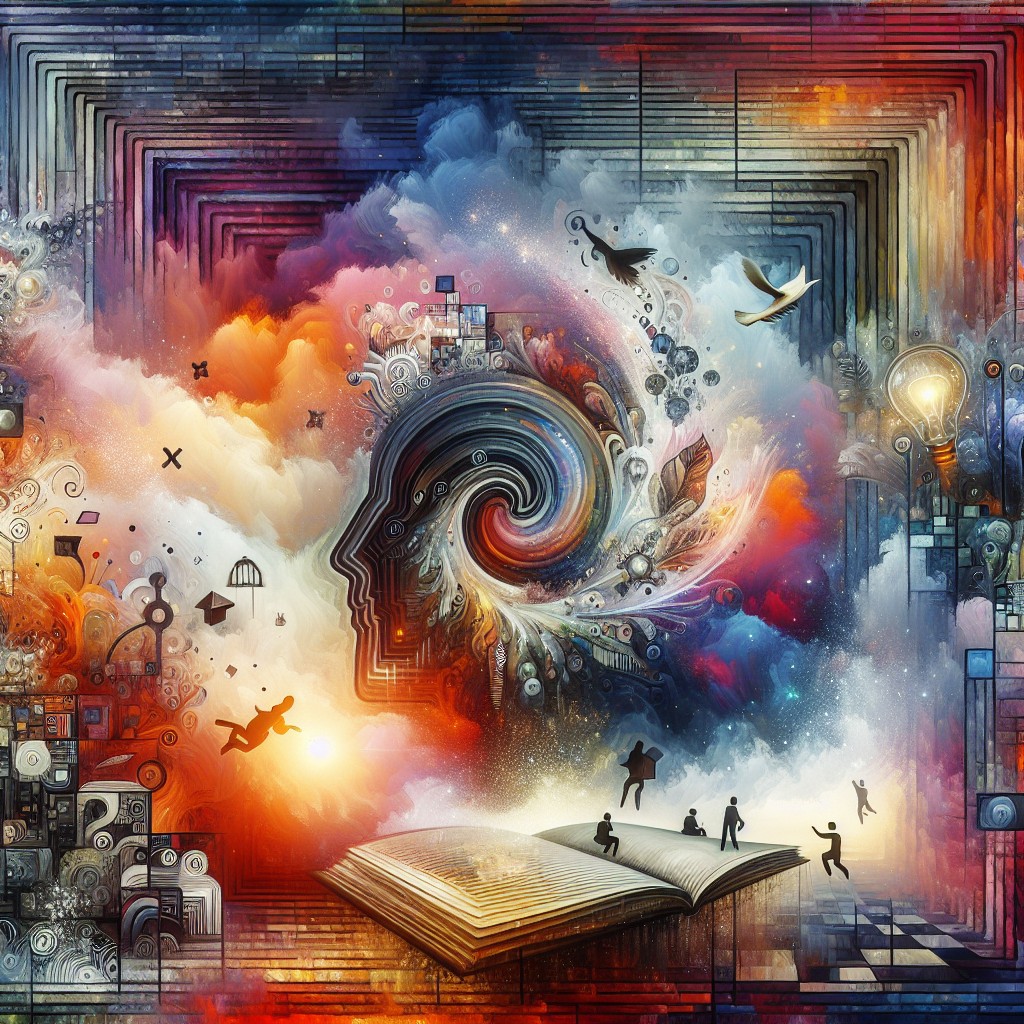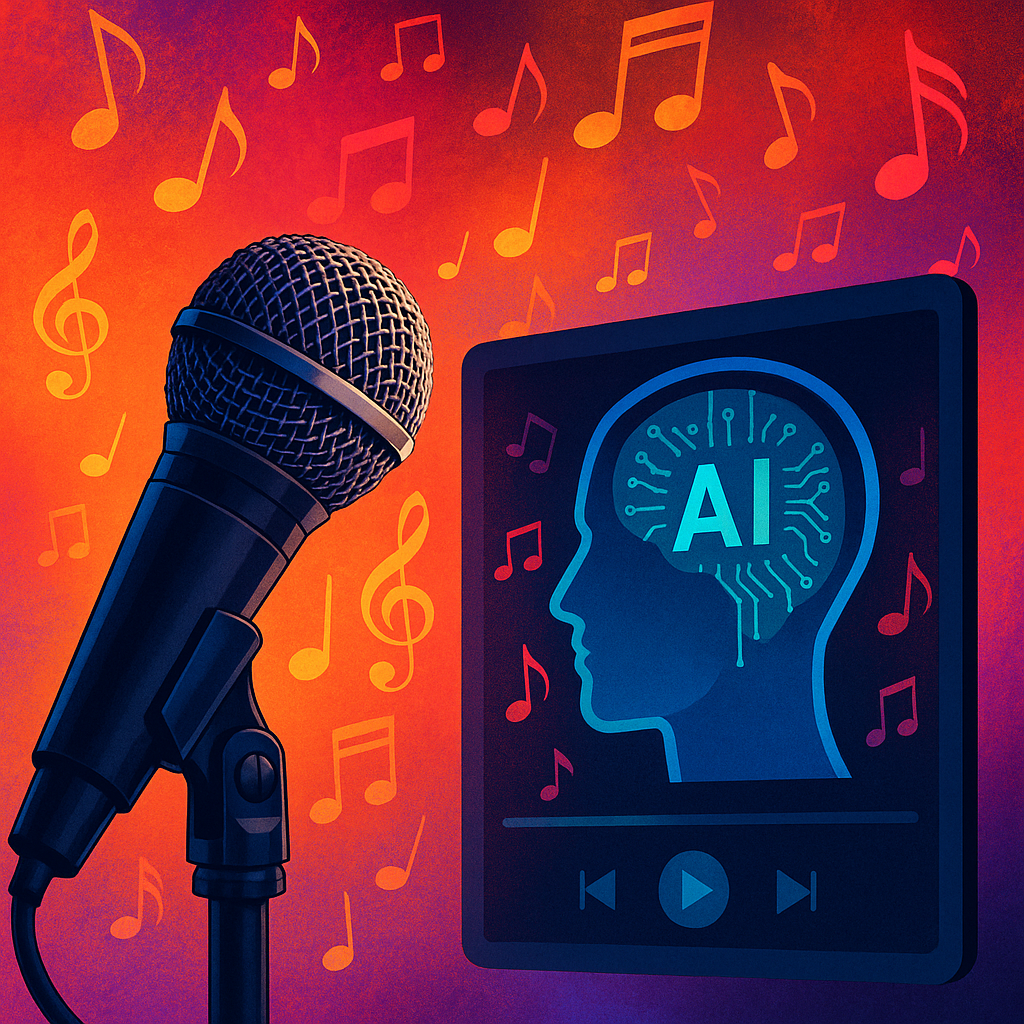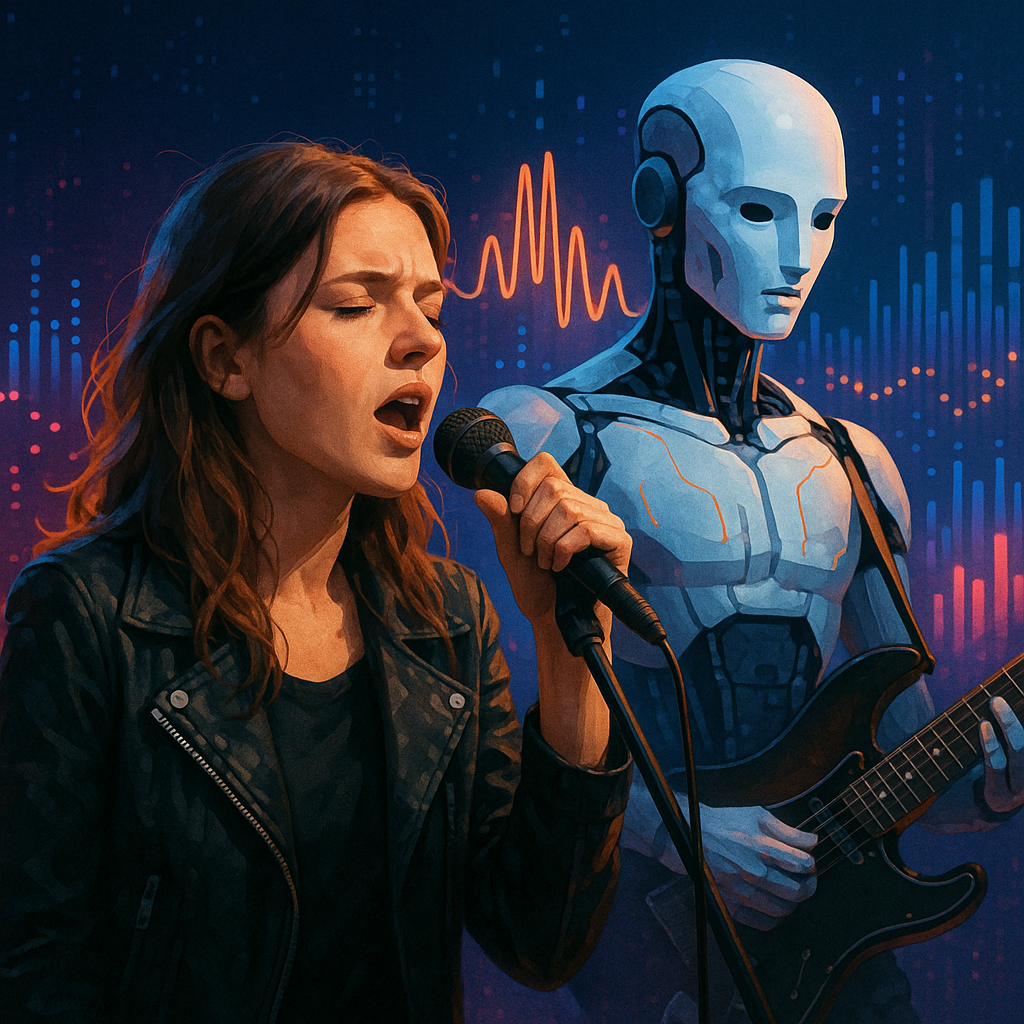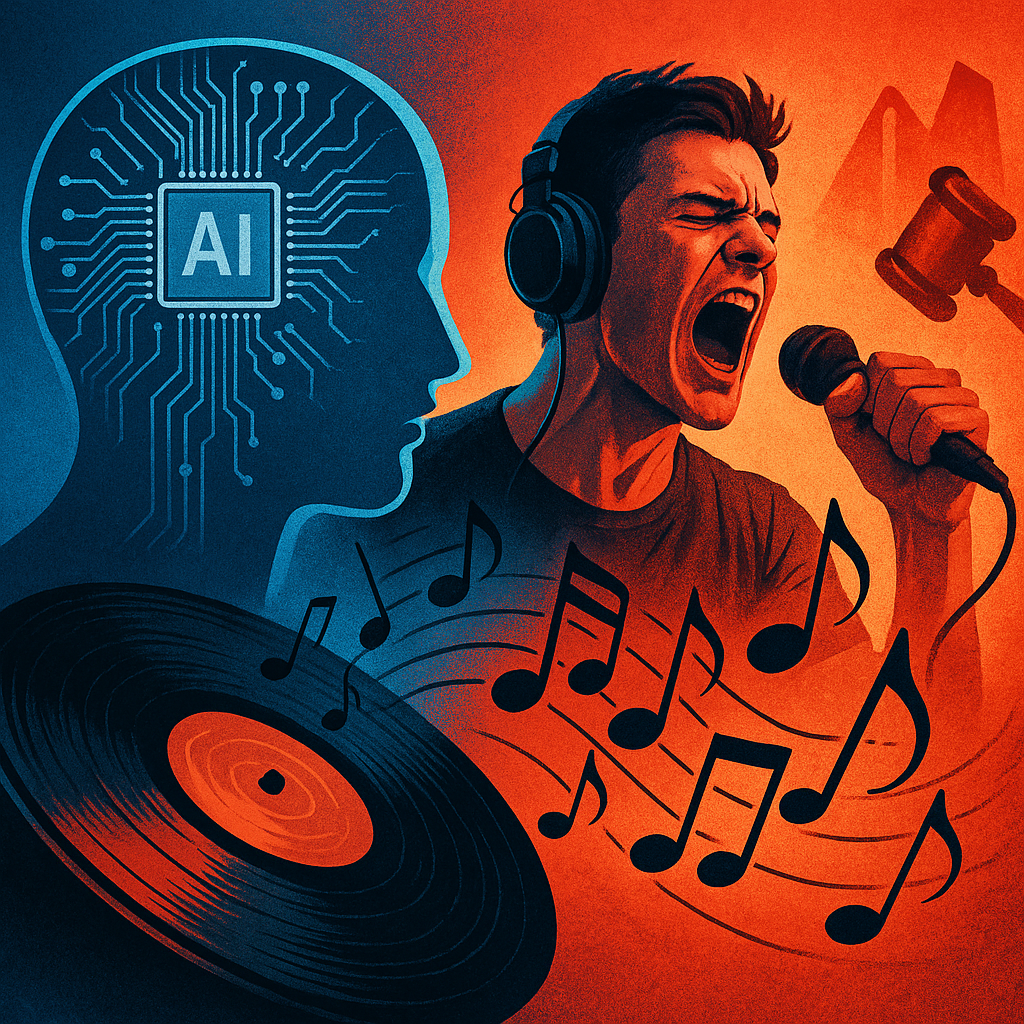Loading...
Technology
Revolutionizing Sound: How AI Music Generators Are Shaping the Future of Tunes
Explore how AI is revolutionizing music creation with innovative generators transforming composition, performance, and production.
📅May 31, 2025
⏱️5 min read
👥News AI Music Team

AI-powered music creation tools are revolutionizing how artists compose, produce, and distribute their work
Related Topics
AI MusicArtificial IntelligenceMusic TechnologyMusic ProductionInnovationStreaming
Stay Ahead of the Beat
Check the news regularly to get exclusive AI music industry insights from the latest News AI Music.


